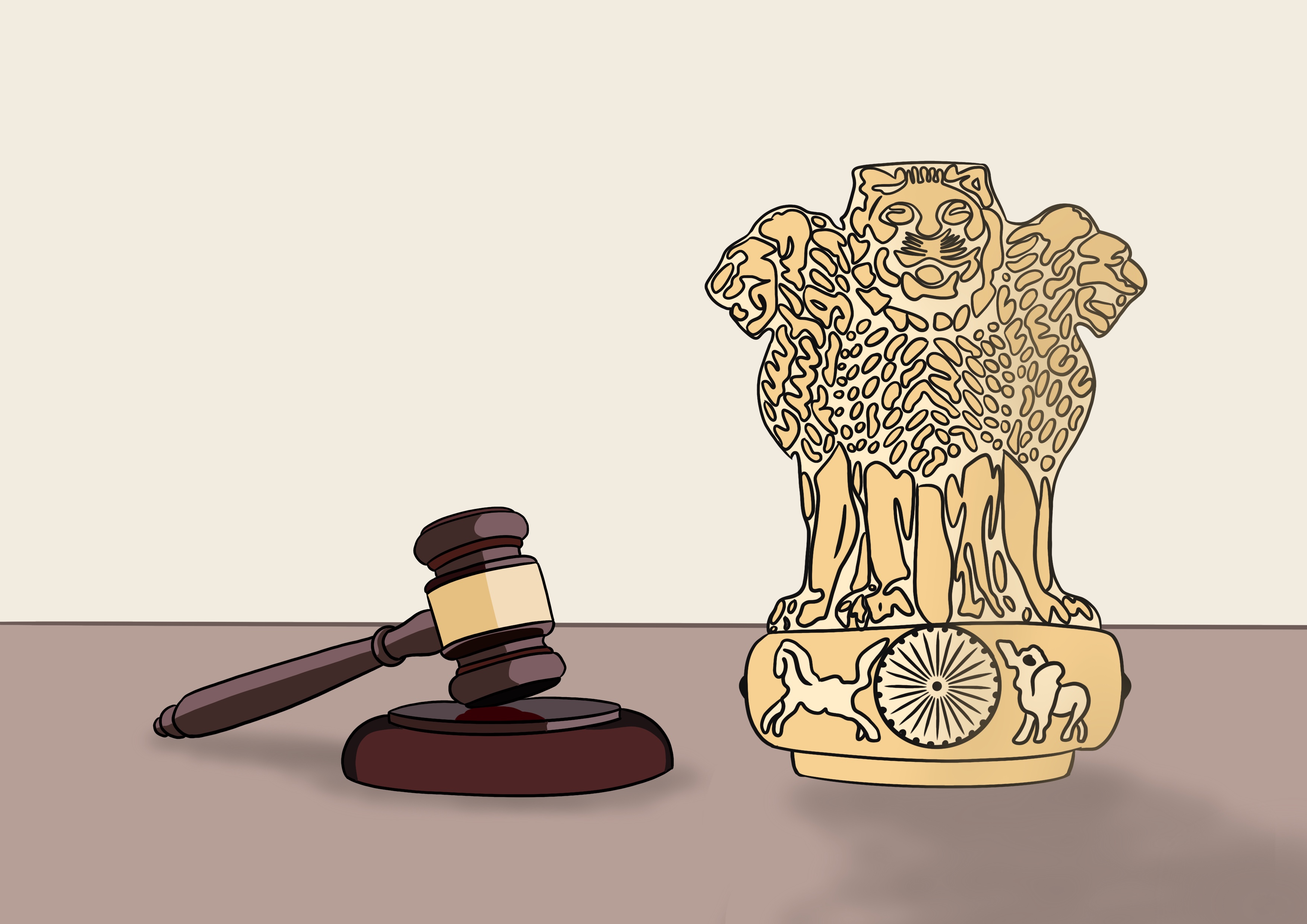Meaning of Doctrine of Eclipse The Doctrine of Eclipse is

Hallucination-resistant legal AI (context engineered)
Meaning of Doctrine of Eclipse
The Doctrine of Eclipse is based on the principle that a law that is inconsistent with Fundamental Rights is not void-ab-initio but only becomes unenforceable. Such law is not totally dead but is only overshadowed by the a Fundamental Right and thus remains in a moribund condition. It remains inoperative until the eclipse is removed by amendment of the Fundamental Right.
Elements
- The law must be pre-constitutional.
- The law must be inconsistent with Fundamental Right.
- The law becomes inoperative till the eclipse exists.
- The impugned law would apply to all the past transactions.
- Amendment in Fundamental Right would make the law enforceable.
Application
- The Doctrine of Eclipse generally applies to pre-constitutional laws, i.e., the laws that already existed when the Constitution came into force.
- This doctrine was formulated by the Supreme Court in Bhikhaji v. State of M.P.1
The provisions of C.P. and Berar Motor Vehicles (Amendment) Act, 1948 gave power to the State Government to monopolise any motor transport business in the province. Upon commencement of the Constitution, eclipse was casted on this law as it violated Article 19(1)(g) [Right to trade] and hence it became unenforceable. However, the law became operative again when Clause 6 of Article 19 was added that authorized the Government to monopolise any business. It was held that “the effect of the amendment was to remove the shadow and to make the impugned Act free from infirmity”.
Does the Doctrine applies to Post- Colonial Laws?
- Article 13(2) prohibits the State to make any law that violates F.R. conferred under Part III. Such laws, if made, would be void-ab-initio. So, the question arose before the Courts whether the Doctrine of Eclipse apply to post-constitutional laws or not?
- It was held in Deep Chand v. State of U.P2., that the Doctrine of Eclipse applies only to pre-constitutional laws and not to post-constitutional laws. A post-constitutional law that violates F.R. would be void-ab-initio since its inception.
- In State of Gujarat v. Ambica Mills3, it was held that a post constitutional law that is inconsistent with F.Rs is not void in all cases and for all purposes. It will be operative as regards to non-citizens, because non-citizens are not entitled to F.Rs.
- Further, in Dulare Lodh v. Additional District Judge, Kanpur4, the Court modified its previous judgments and held that doctrine of eclipse would apply to both- pre-constitutional law as well as post-constitutional law even against the citizens. A ‘void’ statute can be revived by constitutional amendment.
Conclusion
The Doctrine of Eclipse only puts a law that violates Fundamental right in a dormant state. The law revives again once the eclipse is removed by way of constitutional amendment of the given Fundamental right. This doctrine was developed by the judiciary to maintain the significance and dominance of Fundamental Rights. Initially, the doctrine applied only in the case of pre-constitutional laws but after Ambica Mills and Dulare Lodh judgments the position has changed and the doctrine applies to post-constitutional laws as well.


